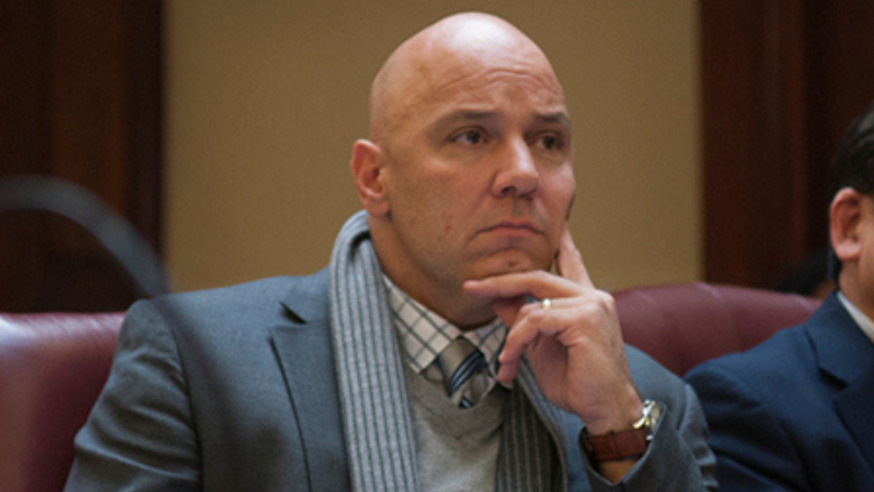
(Annie Gray, Unsplash)
Nov. 23, 2020 By Michael Dorgan
The City Council unanimously passed a package of bills Thursday that seek to prevent age discrimination in the workforce.
The five bills, which were co-sponsored by Northeast Queens Council Member Paul Vallone, aim to combat ageism in the workforce on a number of fronts, most notably through the establishment of a new office called the Center for Older Workforce Development (COWD).
The center will be tasked with developing an older workforce by helping older adults secure work. The center will host job, language and technical training along with offering other career-building assistance for older adults.
A COWD website will be launched to promote the inclusion and retention of older adults in the municipal workforce.
Under the new legislation, the Department for the Aging (DFTA) will be required to provide guidance and support to the center and the New York City Commission on Human Rights (CCHR) will conduct a two-year study on age discrimination in the workplace.
Vallone, who serves on the council’s Committee on Aging and is chair of the Committee on Economic Development, said age discrimination in the workforce was a pressing issue that needed to be addressed.
“It is unacceptable that our older New Yorkers continue to face discrimination and harassment at all stages of employment due to age discrimination, which persists as one of the most prevalent forms of discrimination in the American workplace,” Vallone said.
In a recent national survey conducted by the American Association of Retired Persons (AARP), 61 percent of respondents aged over 45 indicated that they had seen or experienced age discrimination in the workplace. Of that 61 percent, 38 percent indicated that such discrimination was “very common.”
Vallone said the recently-passed legislation would help safeguard older workers and make it easier for them to gain employment.
“These preventative measures will help eliminate barriers to employment, educate employers, and offer needed protections to our older New Yorkers,” Vallone said.
The new legislation also calls for all city agencies to display an anti-age discrimination poster in employee common areas and to provide age discrimination training to employees every two years.
Furthermore, the CCHR will have to provide additional anti age discrimination resources on its website.

Council Member Paul Vallone (William Alatriste, NYC Council)





